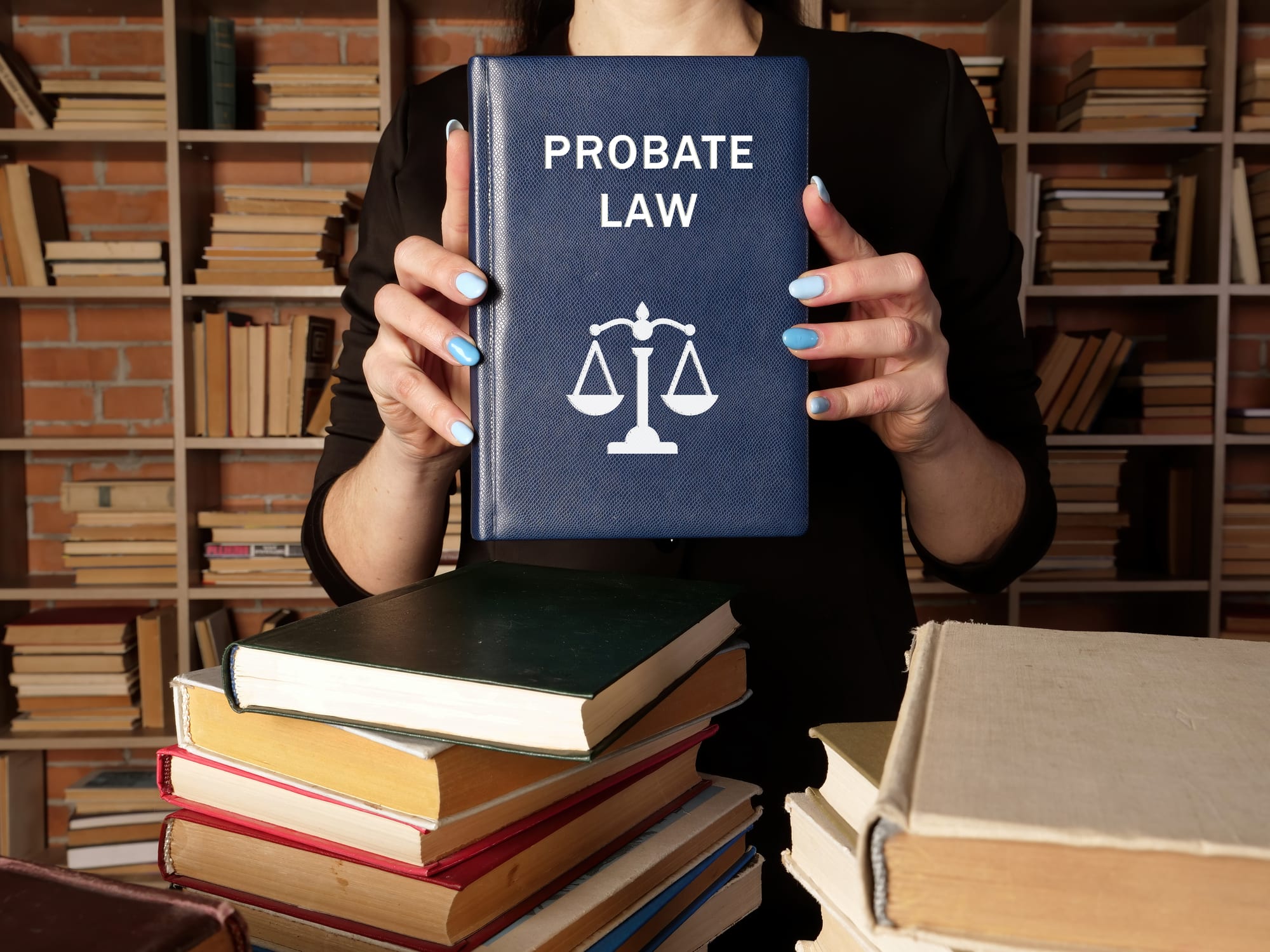Hello, this is Blake Johnson with Trista d planning attorneys. Trust Attorney Las Vegas And you’re listening to the trusted podcast. And today we’re going to talk about how estate planning, trusts and wills are affected by Bitcoin and other cryptocurrencies. Seems to be a hot topic right now. A bitcoin is back on the rise and so I was want to break that down and how that’s going to affect your estate plan. So cryptocurrency or crypto coins just means that it’s, um, really defined. It’s, it’s a way of keeping information safe and hidden. So it’s a transaction where the both sides of the party or both parties can be anonymous and the amount of money flowing back and forth as it is not. Um, it’s very, very difficult for someone to hack that information and still it right now, um, there are over 2000 types of cryptocurrencies and total valuation is estimated about $335 billion worth of value in those cryptocurrencies.
So this is a big area, so let’s break it down as far as what it is. Block chain, uh, is the software essentially, or the technology that allows, uh, all these coins to exist in and function. So bitcoin is just one of these cryptocurrencies and it’s just the biggest name out there. So that’s what people know and they think it’s all one and it’s not, there’s, like I said, there’s over 2000 different types of those cryptocurrencies and they all s somewhat use the same technology and that’s called blockchain. And blockchain is basically, uh, the defined, uh, technically it’s a trusted decentralized network that allows the transfer of digital value and data break that down. And basically no one person or company has access to all of the information. It’s spread out over a shared database, computers all over. And that’s what makes it so hard to hack is there are so many different computers that would need the information or you’d have to hack to be able to get all the information and reset it to still that information.
That’s what makes it so difficult. So what that means is because it’s decentralized, you don’t need a bank or other third party to verify transactions. So when I do a transaction, write a check to somebody right now or use my credit card, it goes back to the credit card company. They say, yeah, this person has funds available and then they send the money to the person. Whereas with bitcoin or other blockchain, I send it out to this person and it’s verified as part of the, the shared database. And so they know that I have the value to do it. And so that we don’t, we skip that middleman essentially. And the reason, uh, people like this is because you don’t need governments involved. You don’t need banks involved. You don’t have anybody verifying and storing the data on their one database. And that’s what’s appealing to people Trust Attorney Las Vegas.
So what do you need to do from an estate planning perspective? If you have bought these bitcoin or other cryptocurrencies, the first thing is let your advisor know. Let your estate planning attorney a trust attorney, know what that you have those cryptocurrencies. That is very important for us to know so we can draft accordingly. Um, I think it’s also important to tell your family, or at least who the, the person you’re leaving in charge of your trust or the executor of your will that you have the, these assets so that they can be on the lookout to get them, uh, when you pass away. And then we have to deal with the aspect of how they’re going to get access to that. Because the way bitcoin and other cryptocurrencies work is that when you buy it, you are, you’re issued a key. And this key is just basically a digital password and super long.
So hopefully, you know, it can’t be, be cracked essentially and as the way that it’s, it’s done. And you can either write it Trust Attorney Las Vegas down and have it on a piece of paper. A lot of people store it on their, their digital wallet through, um, uh, online, uh, online wallets for cryptocurrencies. Um, you can also store it like on a hard drive on your computer or on a flash drive. Basically. You don’t want to lose it though, because if you lose that, there’s no way to really recover your wallet because you are the only one who has access to it and knows what that password is. There is no third party intermediary because like we said, it’s decentralized. So there’s not someone who can say, Oh yeah, here’s your password, here’s access to it. That doesn’t exist. You, you have to keep track of all that.
And so when you pass away, you need to make sure that somebody knows how to get access to those digital assets that you have, so that can actually be passed on to them. Now, interesting note. The IRS has stated that they are going to treat cryptocurrencies, um, as property and not as currency. And what that means is from a tax standpoint, it’s like real estate. So whatever you bought the house for, that’s your tax basis. Any gains that you have before you sell it, uh, or when you sell it, that is taxable. Same thing with the cryptocurrencies. So if you bought it for $10, it’s now worth 10,000. You have that gain of 9,090 and you would have to pay tax on that amount. But also like property, when you die that a cryptocurrency gets a step up in basis. So whatever the value is of the date of death, that’s the new base tax basis for your heirs.
So if they sell it, um, then they don’t sell it or exchange it for value. So, you know, buying a TB or a vehicle with cryptocurrency, whatever the value we got from that minus your basis, there would be taxable event, but not when you inherit it. It’s in a new tax basis is what the value is of the date of death. So that makes it one of those things where we probably don’t want to gift that to them during your lifetime, even though that might be easier. So they know the code and they know how to get access to it. From a tax standpoint, it might make sense to have them inherit the blockchain or I mean the or other cryptocurrencies that use the blockchain. So interesting stuff with regard to the estate planning aspects. The other thing to consider is, um, you know who that trustee is.
If you have a third party trustee such, you know, a corporate trustee, like a bank trust company, Trust Attorney Las Vegas, someone like that, they may not take on the cryptocurrency cause they’re not, they’re not able to handle it. They may not even know what it, you know, really what it is or how to deal with it. Uh, so you know, you may want to draft provisions in there that, that bitcoin or cryptocurrency is actually going to be, um, directed by somebody else. How, how the investment’s done, when to sell it, those kinds of things. So that would be another aspect of your trust. You’d want to make sure that that’s fit in there so that, um, you know, if you want somebody else to manage the actual, you know, investments, the real estate and that stuff that’s going to be, they may not be equipped to handle the cryptocurrency.
So you may have to have, you know, a little bit of separation as far as the trustees go with your estate plan. And the last thing is you can dispose of the, um, uh, the Bitcoin, um, through your trust directly. You’d want the trust to hopefully be the owner of that asset. That’s the easiest way is have the, have your estate plan crafted in a way so that in your account owned by your trust, uh, and then you want to, if you dispose of personal property, so let’s say you, you have your key to your cryptocurrency on your laptop and you leave that laptop to somebody, you’ve got to make sure that you specify that they don’t get access to the cryptocurrency unless you want them to. Because if it’s on there and you don’t specify otherwise, they’re going to take it. And if they find the key, they’re going to go, oh, okay.
So now it’s, it’s mine. They wanted me to have it. That’s why they said that, um, or the hard driver or whatever the case may be. Trust Attorney Las Vegas Just biggest thing if you get nothing else out of this is talk to your estate planning attorney. Uh, tell, tell them that you have cryptocurrencies, that you have bitcoin so that they can help plan effectively for you because your trust and your will do have different provisions we need to put in there. And we need to talk about dealing with digital assets and some of the rules around that and make sure that the trust states those things. Um, so really just let them know and we got to make sure that there’s somebody who knows how to get access to it. You don’t need to tell your attorney how to do it to say, hey, the codes here and it’s, it’s locked in this safe deposit box or whatever the case may be. So that’s a state planning with bitcoin and other cryptocurrencies. Hopefully you found it useful. And once again, you can always reach out with questions. Thanks.




